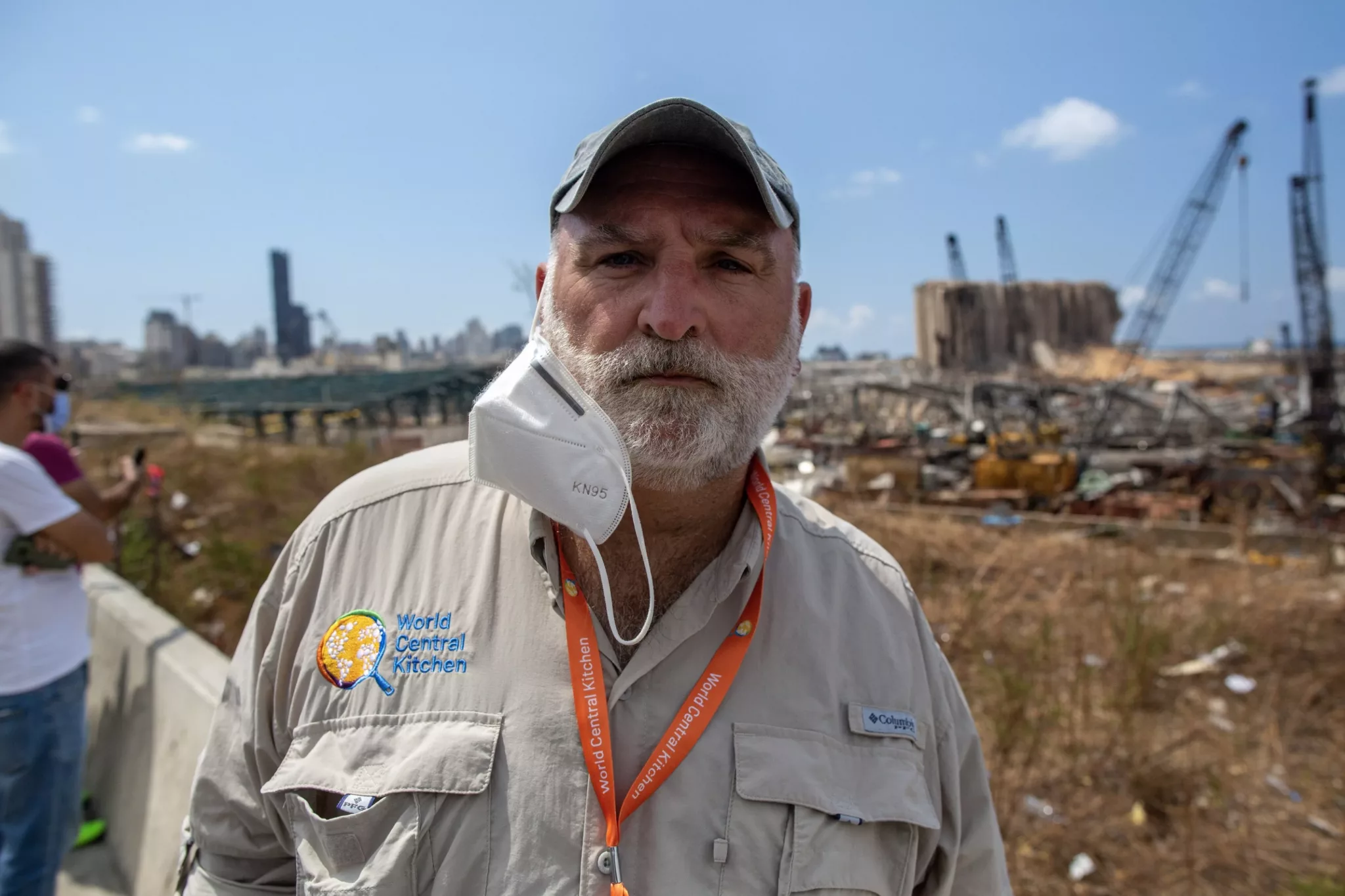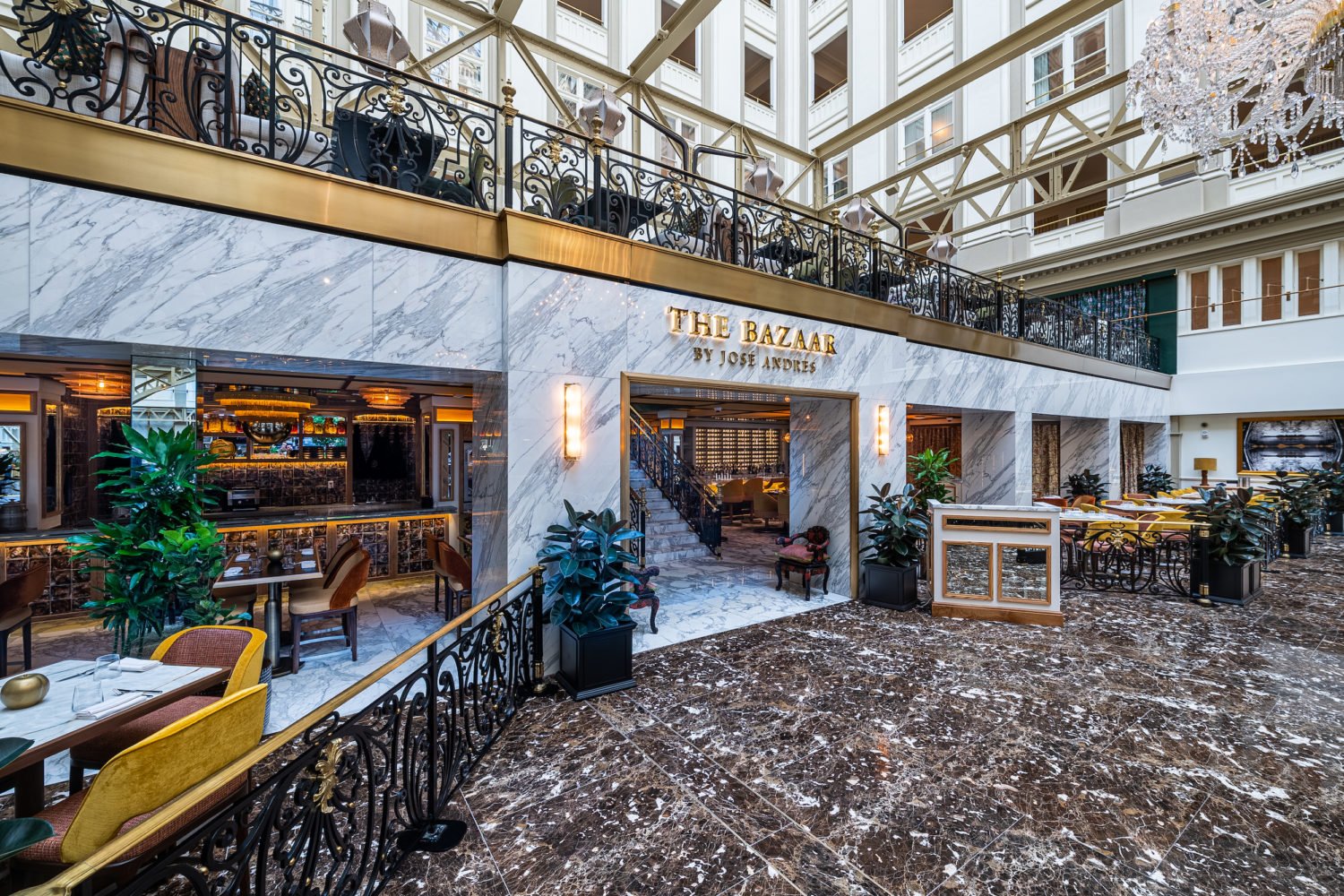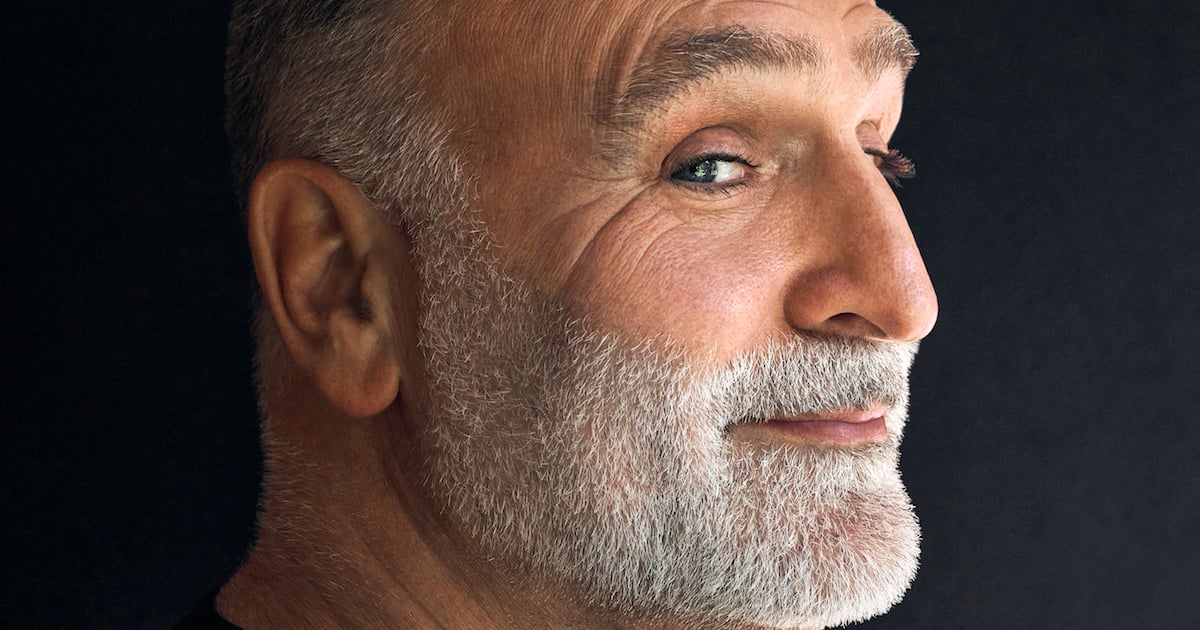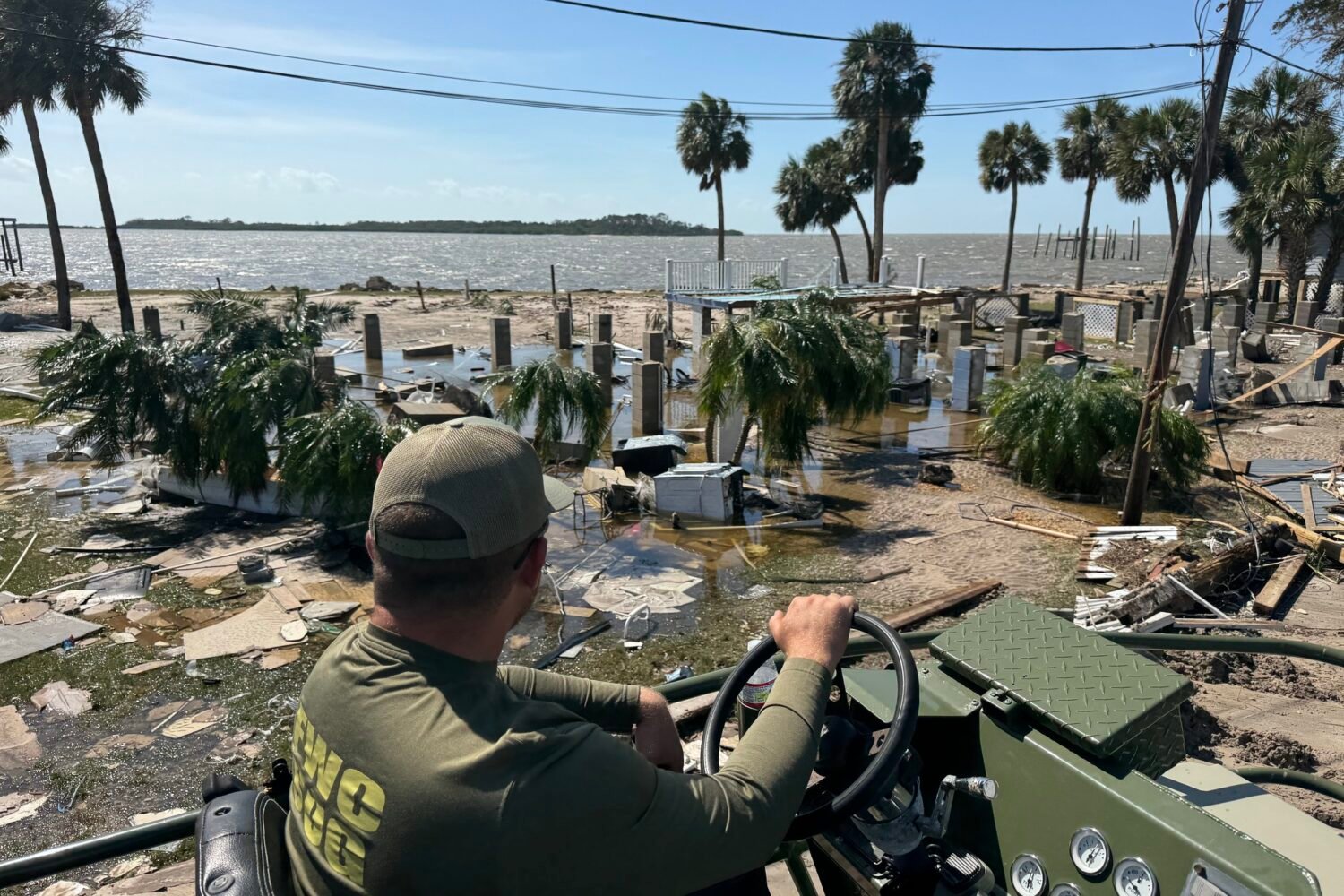The warm scent of chicken and chorizo simmering in a saffron and cumin broth wafted from outside the National Portrait Gallery Thursday night, as workers from José Andrés’s World Central Kitchen tended to a massive paella pan over an open flame. It’s a similar sight to what you’d see in towns across Eastern Europe right now, where the nonprofit is feeding hundreds of thousands of meals to refugees per day.
But on Thursday, the staffers were in “Jose’s corner of the world,” as one told me, for a screening of “We Feed People,” a National Geographic documentary about the super chef’s astonishing humanitarianism, directed by the Oscar-winning Ron Howard.
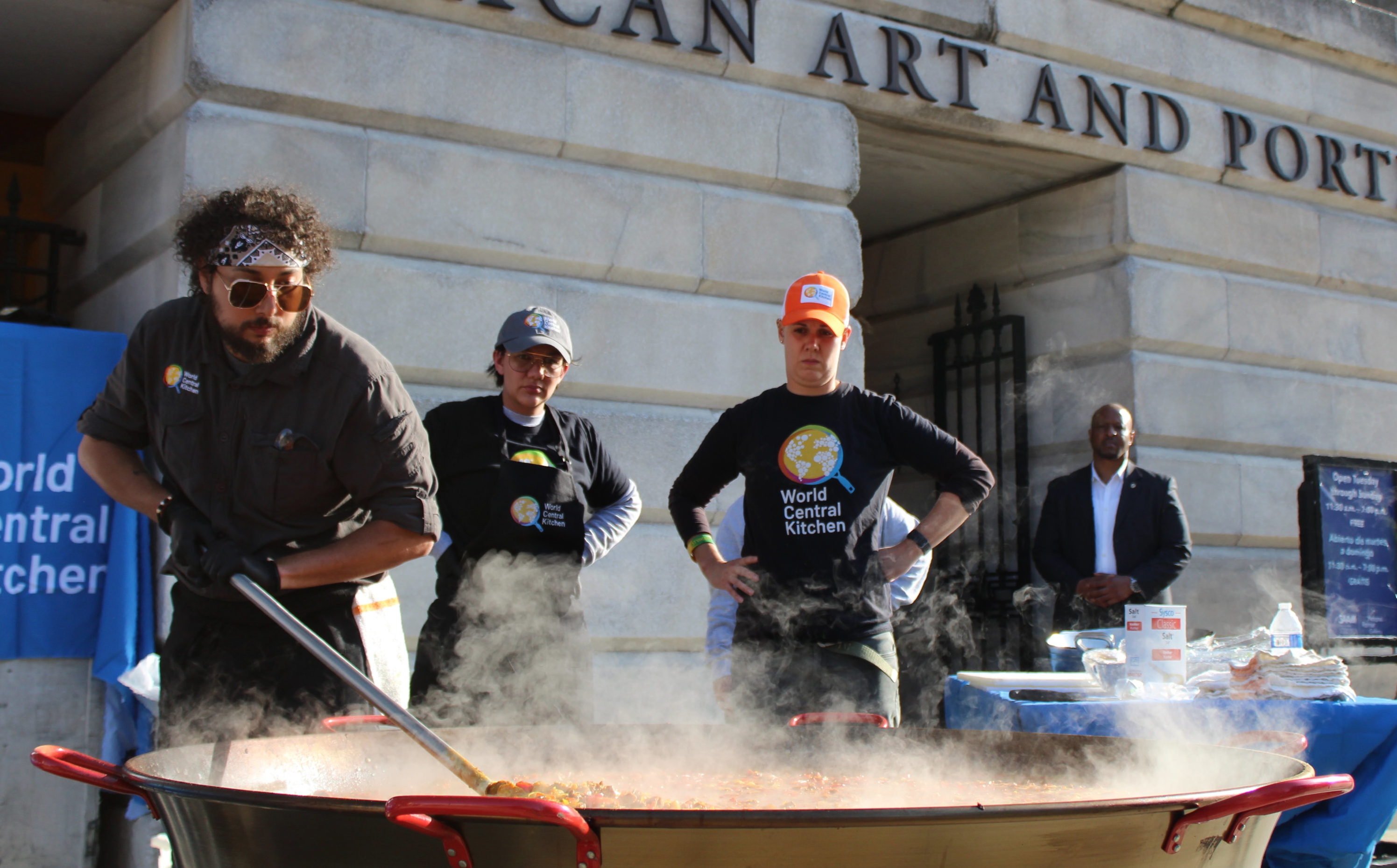
Taking a break from his work in Ukraine, Andrès was in attendance at the Portrait Gallery (where a portrait of him will debut later this year). Other high-profile guests included Jeff Bezos, Sonia Sotomayor, and Nancy Pelosi.
Distilled from thousands of hours of footage, the 90-minute film traces the arc of World Central Kitchen, from its scrappy beginnings as a DC startup to its present state as an influential nonprofit with teams worldwide. “It’s a story about volunteerism making a simple concept work on a staggering scale,” said Ron Howard in a message before the film.
Yet it’s also a story that can’t be told without piecing together the personal story of Andrés—an immigrant who started with little and now toggles between helming some of DC’s buzziest restaurants and ladling soul-warming meals to people in dire need. Archival footage and photographs map his journey, from his beginnings as a boy in Spain, raised by a family of nurses; to his ambitious start in America as a young, boisterous striver climbing the ranks of Washington’s food scene; to his embrace of being a celebrity restaurateur, equipped with his own TV show, a New York Times best seller, political connections, and an empire of lauded restaurants (Jaleo, Minibar, Zaytinya, and Oyamel, to name a few). Indeed, Andrés’s ambition and optimistic fervor have taken him far, in both his culinary and humanitarian career. “I see opportunity where others see mayhem,” he says at one point in the movie.
“He’s somebody who’s so driven, doesn’t take no for an answer, has a big dream, a big vision, and he just keeps pushing forward,” Nate Mook, CEO of World Central Kitchen, tells Washingtonian. A documentarian in his previous career, Mook served as executive producer of the film.
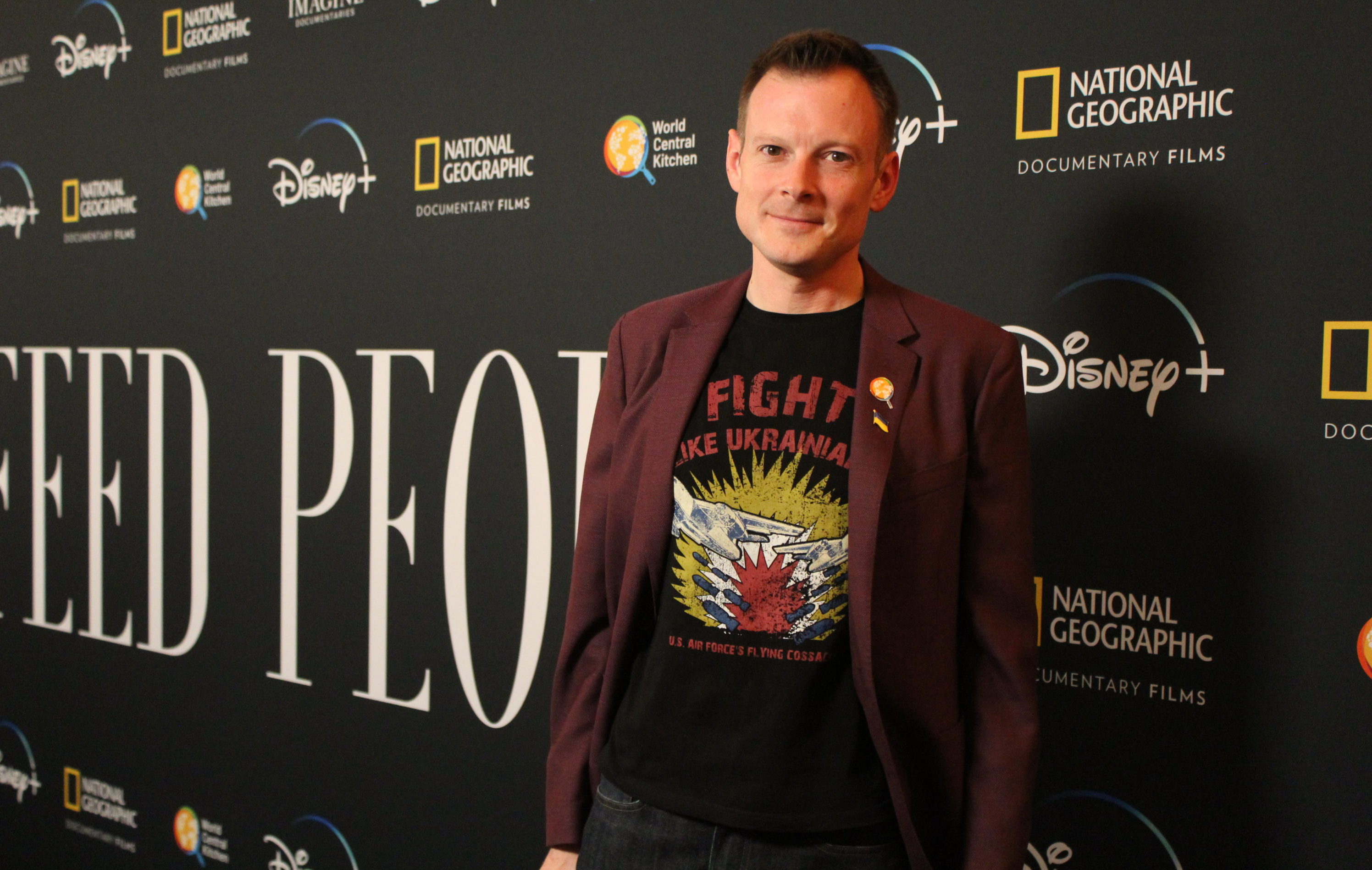
But while it could be easy to deify the chef, the documentary doesn’t lose sight of the team and inspiration behind him. The film introduces us to multiple World Central Kitchen volunteers as well as one of Andrés’s biggest mentors, Robert Egger. The founder of DC Central Kitchen, a nonprofit that feeds and trains unemployed DC residents, Egger is credited with teaching Andrés that “it’s not about the redemption of the giver, but the liberation of the receiver.”
Echoing that sentiment, another of the film’s producers Sara Bernstein tells Washingtonian that “we didn’t want to make a hagiography about José—that was never the mission.” She says that’s one reason Andrés said “yes” to Howard after turning down multiple offers from other documentarians interested in filming him.
It appears that Howard understood the assignment. While Andrés is still the figure driving the story, World Central Kitchen staff and partners get a fair share of the spotlight.
With on-the-ground footage at multiple disaster sites—from Haiti and Puerto Rico to the Navajo Nation in New Mexico—the film immerses viewers alongside the team as they work in chaotic, ever-changing environments. At multiple points, you watch as the team improvises and miraculously builds kitchens out of rubble. “It really is a small band of people that just dives into a location without any preconceived sense of how they’re going to pull it all together,” says Bernstein.
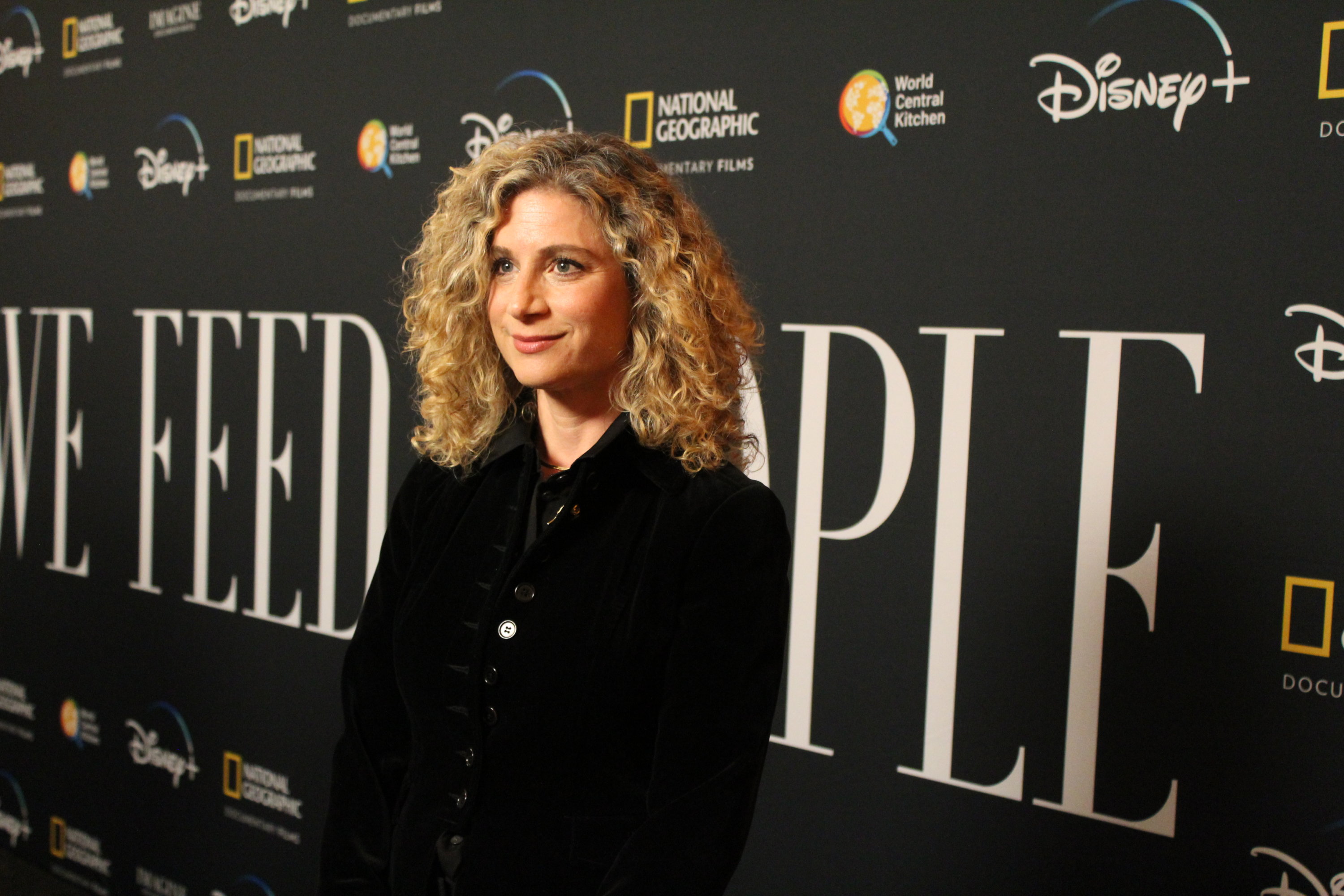
The team always manages to make it work, developing recipes alongside locals to serve whatever the preferred comfort cuisine is—a point the film emphasizes, seemingly cognizant of the white savior critique sometimes leveled against Western aid groups. Early on, for example, we meet several Haitian women who were not fans of the way Andrés—a Michelin-starred chef, mind you—cooks his beans. It’s clearly a humbling experience for Andrés who, after learning to mash the beans into the silky texture they prefer, vows to use local cooking techniques from then on out.
We also meet local food vendors and producers that World Central Kitchen works alongside, and we learn that the nonprofit leaves behind infrastructure for the community to continue cooking on its own. (Though we unfortunately never get to check back in with these communities—instead, we’re rushed off to the next disaster.)
What remains slightly unclear is exactly how World Central Kitchen finances its ambitious plans (although a $100 million gift from Bezos last July certainly plays one part). Plus, we never fully figure out how such a small team manages hundreds of thousands of volunteers, all while keeping them safe in conflict zones.
But maybe explaining those surely complicated logistics would’ve bogged down the 90-minute documentary. After all, it’s clear that meals are getting served and stomachs filled—which, in the whole scheme of things, is what matters. By the end of the film, the continuous contrast of warm meals amid harsh environments ultimately proves Andrés’s simple message that “food really is hope.”
“We Feed People” will be available for streaming on Disney+ on May 27.

